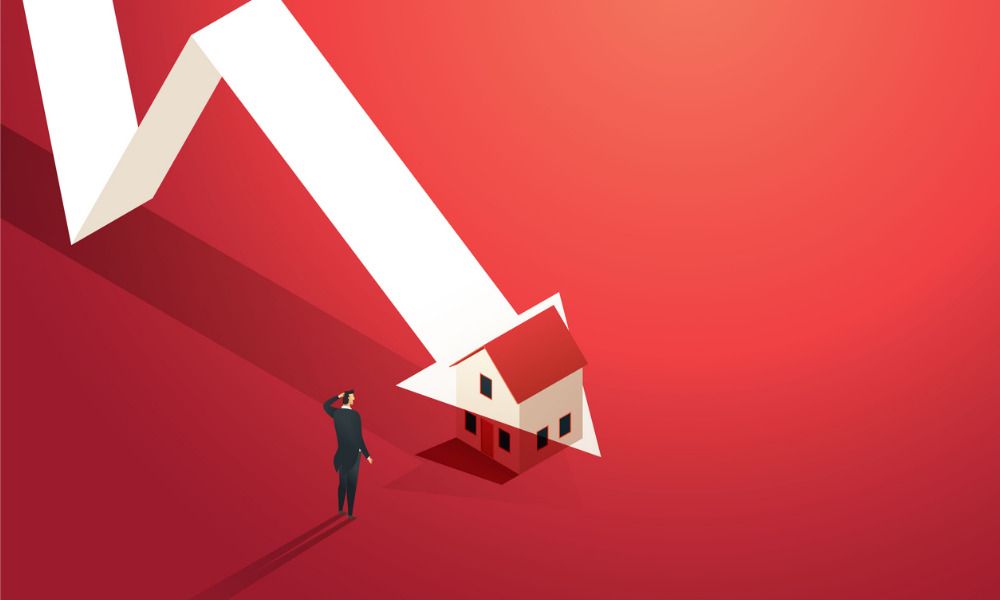What did property experts say about it?

The average price paid for a house in the UK dropped to £263,788 in November from £268,282 in October, the latest Nationwide House Price Index has revealed.
The month-on-month price fall of 1.4% in November is the largest drop since June 2020, following a 0.9% dip in October.
Annual house price growth also slowed to 4.4% last month, from 7.2% in the previous month.
Robert Gardner, chief economist at Nationwide Building Society, said the fallout from the mini budget continued to impact the market, with November seeing a sharp slowdown in annual house price growth.
“While financial market conditions have stabilised, interest rates for new mortgages remain elevated and the market has lost a significant degree of momentum,” Gardner pointed out. “Housing affordability for potential buyers and home movers has become much more stretched at a time when household finances are already under pressure from high inflation.
“The market looks set to remain subdued in the coming quarters. Inflation is set to remain high for some time and Bank Rate is likely to rise further as the Bank of England seeks to ensure demand in the economy slows to relieve domestic price pressures.
“The outlook is uncertain, and much will depend on how the broader economy performs, but a relatively soft landing is still possible.”
Alex Lyle, director of Richmond estate agency Antony Roberts, said the market has proved to be remarkably resilient despite increasingly challenging conditions.
“This slowdown in price growth is not surprising as we are finding that sellers are being sensible and considering lower offers, sensing that sentiment has shifted a little over the past few months,” Lyle added. “We are likely to see a lot of soft marketing in the run-up to Christmas with agents and sellers testing the market to find the right level before launching new stock in the new year.”
Emma Cox, managing director of real estate at Shawbrook, said the property market is coming to the end of a challenging year with uncertainty the predominant theme.
“Demand has largely slowed which has had a knock-on impact on asking prices,” she explained. “Incentives introduced in the latest chancellor’s budget have yet to make an impact among first-time buyers, many of whom are putting off plans and choosing to stay renting.
“With prices expected to fall further next year before stabilising, there could be deals on the table for savvy buyers.”
Graham Cox, founder of the Bristol-based broker SelfEmployedMortgageHub.com, shared that many of their clients are waiting until the new year before looking to buy property.
“Partly it’s the time of year, but mostly it’s a realisation that house prices are falling, and there’s no harm in holding off,” he said. “I’ll be surprised if house prices don’t fall at least 10% next year.”
Cox added that a price fall of 15% to 20% is entirely possible for three reasons.
“First, 95% LTV mortgages are likely to disappear, removing a key support for the housing market,” he continued. “Second, current prices are simply unaffordable when even a tracker rate mortgage rate is likely to be 4% to 5% soon. Third, a lot of forced sellers will drive down prices.”



